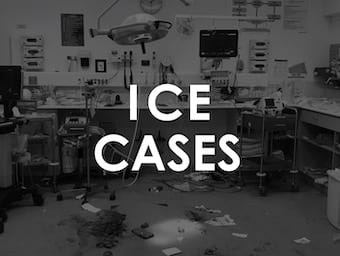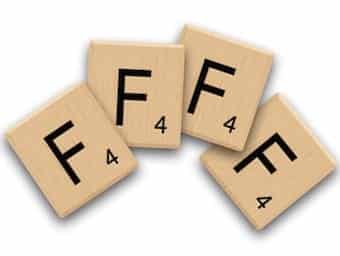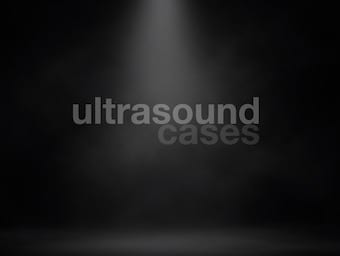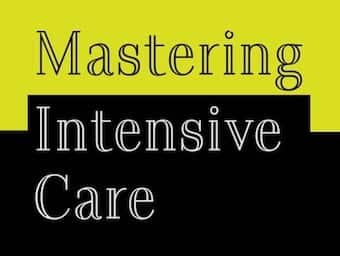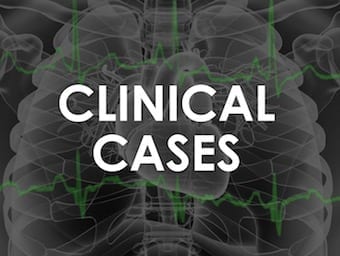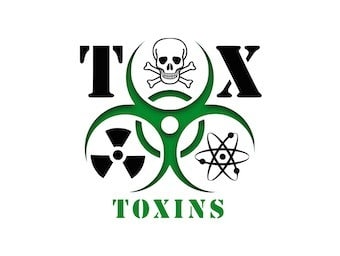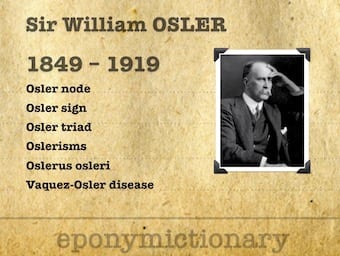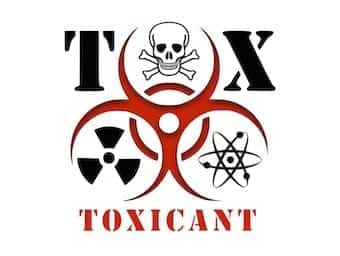
Baclofen toxicity
Baclofen in overdose produces a rapid onset of delirium, respiratory depression, coma and seizures. In large overdose the patient can appear brain dead and it has resulted in the pursuit of organ donation only for the patient to wake on the operating table. The mainstay of treatment is good supportive care.

